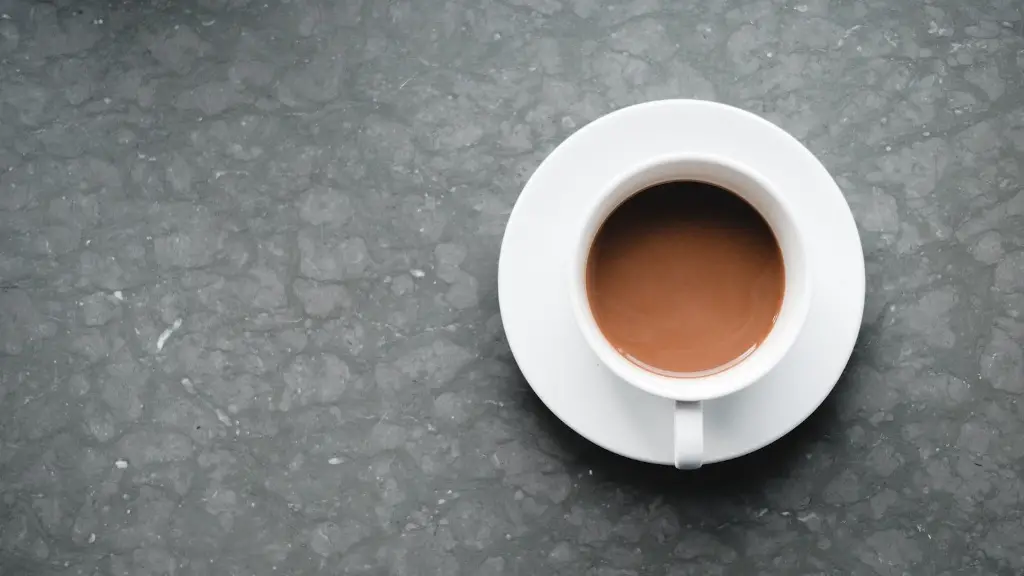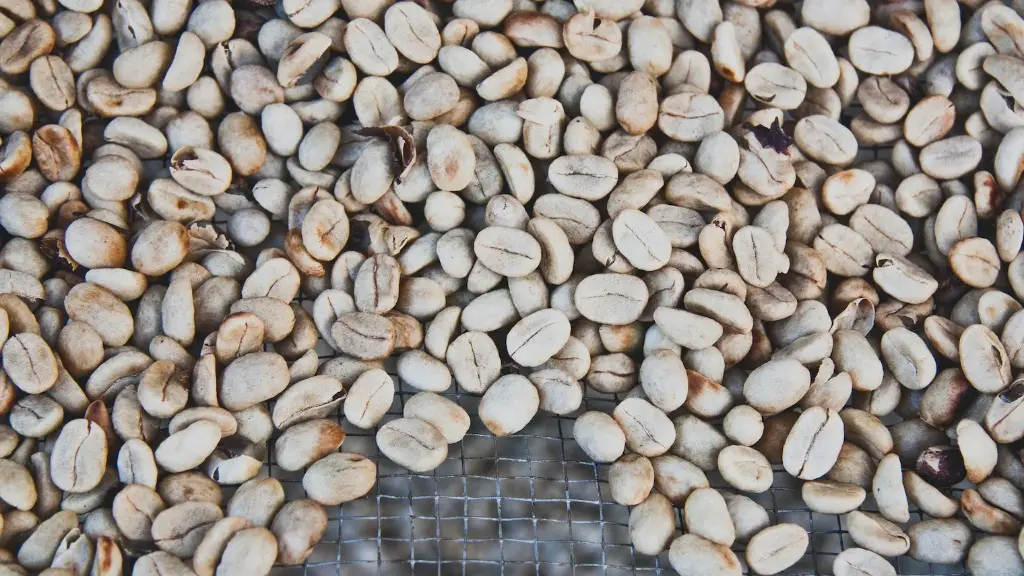Coffee is beloved by many for its ability to maximize alertness and improve mood, an undeniably valuable benefit that no one should miss out on. But when it comes to weight loss, the effects of caffeine are typically mixed. For the average person, the answer to the question “Can I drink coffee while trying to lose weight?” is simple: Yes, you can have your coffee and drink it, too. But nutrition experts warn that although coffee can help when it comes to weight loss, it can also do a certain amount of harm if consumed in excess.
Coffee’s main ingredient, caffeine, has numerous health benefits. For starters, it increases your metabolic rate and helps you burn calories faster. It’s also known to reduce appetite and help you feel fuller for longer. Thus, drinking coffee could be an effective way to reduce calorie intake and promote weight loss. Plus, research has consistently shown that moderate consumption of coffee can reduce the risk of type 2 diabetes, cardiovascular disease, Alzheimer’s, and other chronic health conditions.
However, extra sugar and cream can add empty calories and wreak havoc on your weight loss attempts. That’s why it’s important to watch your portion sizes and be mindful of how many servings you are consuming. It’s also a good idea to avoid adding extras, such as sugar and cream, since these will add unnecessary calories and prevent you from seeing the full benefits of your coffee. Instead, try adding a splash of almond or coconut milk or a bit of cinnamon for a healthier and tastier beverage.
Of course, drinking too much coffee could become an obstacle when trying to lose weight. Too much caffeine can trigger anxiety, cause insomnia and can raise blood pressure, all of which can lead to an increased appetite and a greater risk of weight gain. Experts recommend limiting your intake to no more than 400 mg of caffeine per day, or about four cups of coffee.
Ultimately, the decision of whether or not to drink coffee while trying to lose weight is a personal choice. Coffee can provide many benefits, including increased mental and physical energy, improved focus, and reduced appetite. Just make sure to keep your caffeine intake in check, and opt for healthier, lower-calorie alternatives when flavoring your coffee.
Coffee and Depression
When trying to lose weight, it’s also important to keep in mind that coffee can have a positive effect on mental health. Studies have shown a connection between coffee drinking and a decrease in depression, indicating that drinking coffee can reduce the risk of depression and other mental health issues. This is likely due to the fact that coffee contains antioxidants, which help protect the brain from age-related damage, as well as its stimulant properties, which can help increase alertness and help reduce fatigue.
Furthermore, coffee has been linked to improved cognitive performance, suggesting that it may help stimulate the mind, improve focus and even reduce the risk of dementia. Therefore, whether you are trying to lose weight or simply looking for an energy boost, drinking coffee could be beneficial for your mental health as well as your physical wellbeing.
However, this does not mean that you should substitute exercise and healthy eating with coffee. Experts emphasize that you should still strive to get adequate amounts of physical activity and make sure to include a variety of nutritious foods in your diet if you want to lose weight and stay healthy. Coffee can simply be a helpful addition to your weight loss journey.
Balancing Caffeine with Nature
It’s worth considering that while it’s possible to drink coffee while trying to lose weight, you may want to emphasize a balanced relationship between caffeine and nature’s other wonder products. Anything from green tea, to root vegetables and fruits, to an adaptogen-containing stack of herbs and mushrooms, to tryptophan-rich foods such as turkey, salmon, and walnuts can all contribute to weight loss in a more holistic fashion than coffee alone.
For example, studies suggest that green tea may help reduce body fat, improve metabolism, suppress appetite, and increase fat burning. Similarly, adaptogens like ashwagandha and cordyceps can help reduce stress levels, boost metabolism, and improve energy levels. Meanwhile, tryptophan-rich foods can suppress hunger hormones, thus helping to reduce cravings and support weight loss in a more balanced way.
The bottom line is that coffee should be enjoyed in moderation and in combination with a variety of other healthy foods and supplements. Drink coffee as part of a balanced nutritional weight loss program that includes plenty of fruits and veggies, adequate sleep and exercise, and a low-calorie diet.
Timing Coffee Consumption
One important factor to keep in mind is the timing of your coffee consumption. Try to drink your coffee earlier in the day, if possible, and avoid drinking coffee late at night, which can impact your sleep quality. Additionally, caffeine has half-life of 5-6 hours, meaning it takes 5-6 hours for your body to metabolize one half of a cup of coffee. So, if you tend to drink coffee regularly throughout the day, consider cutting back in the late afternoon or evening to prevent any negative impacts on your sleep. Lastly, if you’re having trouble sleeping, consider switching to decaf.
Coffee as a Diuretic
It’s also important to consider that coffee is a diuretic, which means it increases urine production. This can lead to dehydration and electrolyte imbalances, which can disrupt your metabolism and overall health. Therefore, when drinking coffee, it’s important to stay on top of your hydration. Experts recommend drinking six to eight glasses of water a day to replenish depleted electrolyte levels, which can help reduce fatigue and support weight loss.
It’s also a good idea to keep track of other sources of liquids in your diet, such as tea and juice, and adjust your hydration levels accordingly. Lastly, if possible, try to limit your caffeine intake as too much can cause jitteriness, abnormally fast heart rate, and other unpleasant side effects.
Thermogenic Benefits of Coffee
On top of its diuretic properties, coffee also contains thermonegenic properties, meaning that it can increase your body’s core temperature and boost your metabolism. This thermogenic effect helps you burn more calories and can speed up your weight loss efforts. Additionally, many studies have shown that caffeine can improve athletic performance, which could lead to increased calorie burn and, thus, better weight loss results.
Although this effect is beneficial for athletes, it’s important to note that too much caffeine can still lead to negative side effects. For persons who are not used to consuming high amounts of caffeine, excessive intake can cause headaches, insomnia, and other unpleasant symptoms. Therefore, it’s important to be mindful of your caffeine intake, especially if you’re trying to lose weight and/or engage in frequent physical activity.
Conclusion
So, can you drink coffee while trying to lose weight? The answer is yes, as long as you keep your caffeine intake in check and opt for healthier, lower-calorie alternatives when flavoring your coffee. But it’s also important to remember that a balanced diet and regular physical activity are the keys to sustainable weight loss and to view coffee as an addition to, and not a substitute for, that program.




